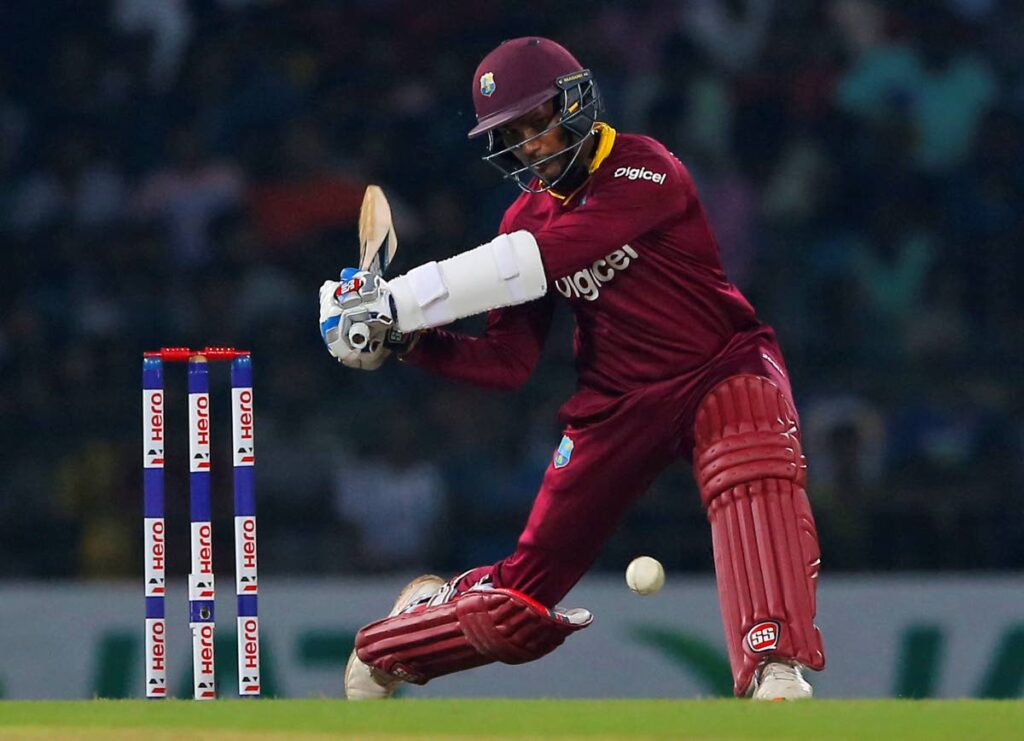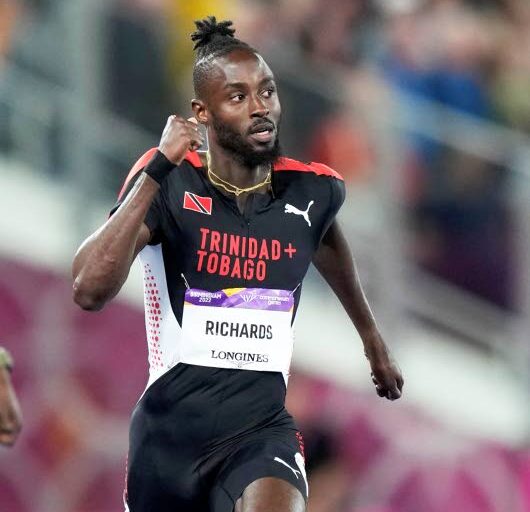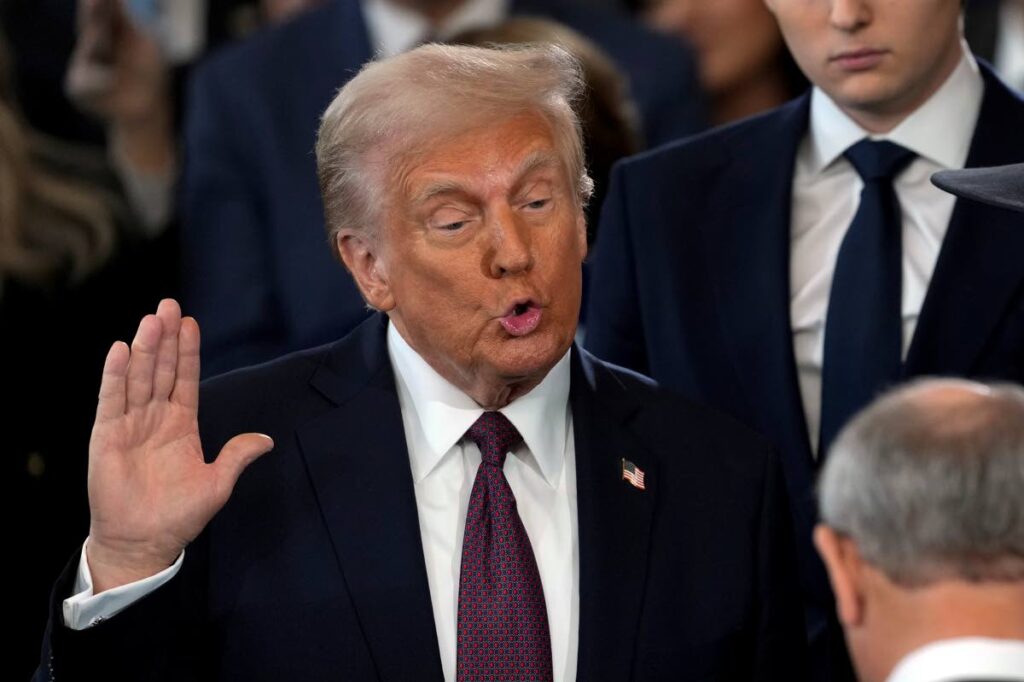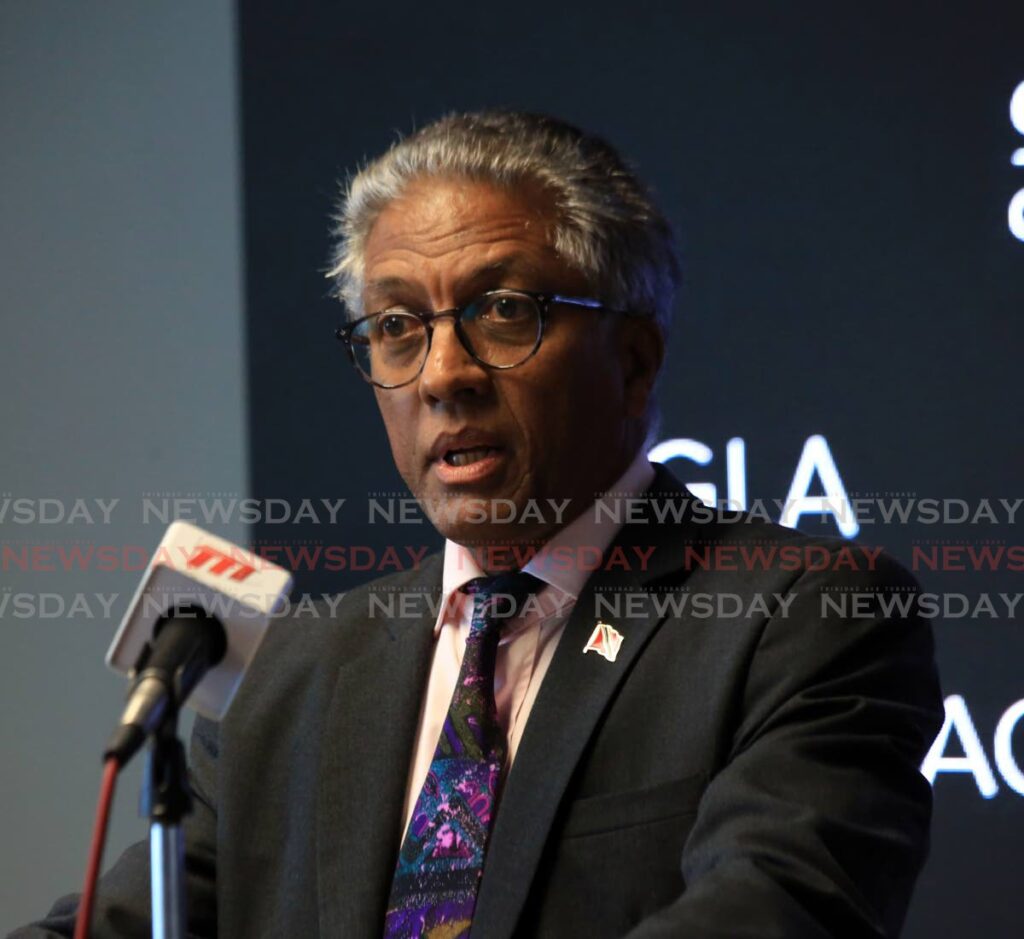Latin America leaders respond to Trump’s claims, measures
Written by Grevic Alvarado on January 22, 2025
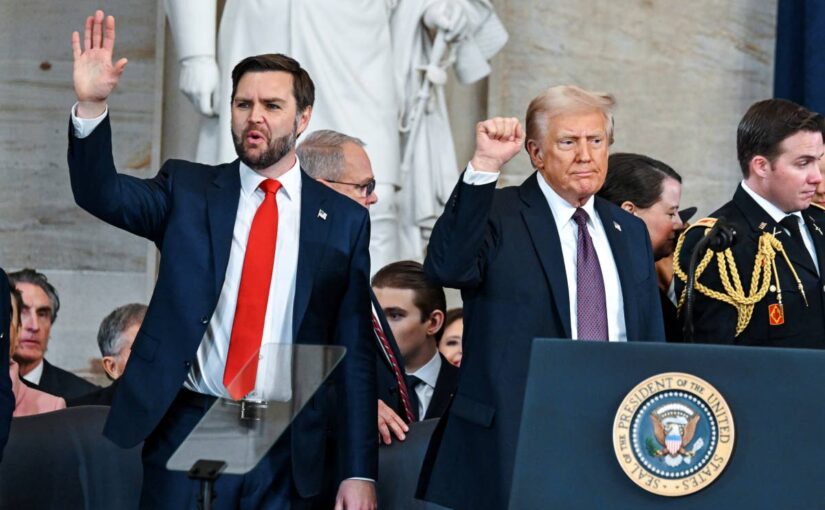
On January 20, his first day back in office as US President, Donald Trump reportedly signed close to 100 executive orders, including some that affected several Latin American countries.
Cuba, Mexico, illegal immigration and drug cartels were targeted. In addition, he promised to regain control of the Panama Canal and probably stop buying oil from Venezuela.
A good number of the measures Trump signed on January 20 centred on the US’s neighbour Mexico.
From the Oval Office, he issued a decree declaring drug cartels terrorist organisations. “Mexico probably doesn’t want that, but we have to do the right thing,” said Trump.
With this decision, American companies and citizens are prohibited from “giving material support” to Mexican cartels. The measures also include militarising the US border with Mexico and deporting thousands of immigrants under the Stay in Mexico programme.
Officially the Migrant Protection Protocols, this is a US immigration policy implemented in 2019 under the first Trump administration. It requires migrants seeking asylum to remain in Mexico until their US immigration court date.
Trump also plans to impose 25 per cent tariffs on both Mexico and Canada, starting from February 1.
In a message from the White House, he said, “We are thinking in terms of 25 per cent on Mexico and Canada, because they are allowing a huge number of people, Canada also abuses strongly – large amounts of people coming, and fentanyl arriving.” (Fentanyl is a powerful opioid drug intended as a painkiller: it is 30- 50 times stronger than heroin and 100 times stronger than morphine. It is widely abused: the musician Prince died of an overdose of fentanyl.)
Mexican president Claudia Sheinbaum congratulated Trump and advocated for a relationship based on “dialogue” and “respect.”
“Mexico does not have to bow its head,” she said, demanding that “equal treatment” is maintained in the two countries’ relationship.
But the Mexican government has said its 53 consulates in the US have been instructed to protect and provide immediate assistance to its citizens in the event of threats of raids and mass deportations.
Sheinbaum also promised “humanitarian attention” to migrants from other nations, particularly from Latin America, who are in Mexico and can no longer cross into the US, but said the new Trump administration must directly deport undocumented immigrants to their places of origin – and not to Mexican territory.
Trump has already also turned his attention to Cuba. Just five days after the outgoing Biden government – in a last-minute decision – removed the country from the list of state sponsors of terrorism, Trump reversed that decision.
In a post on Twitter/X, Cuban president Miguel Díaz-Canel called the decision an “act of arrogance and contempt for the truth.”
As for Panama, Trump has continued his rhetoric about recovering control of the Panama Canal, which the US transferred to Panama in 1999. In fact, it featured his inaugural speech: “We gave it to Panama and we are going to get it back,” he declared.
“We have been very mistreated with this foolish gift that should never have been given. The promise Panama made us has not been fulfilled.
“China operates the Panama Canal,” he claimed, “and we did not give it to China, we gave it to Panama. And we are going to get it back.”
Minutes later, the president of Panama, José Raúl Mulino, rejected Trump’s words on X, insisting: “The canal is and will continue to be Panama’s.” He also denied any foreign presence in the administration of the canal, in reference to the claim that it is “operated” by China.
The administration of the canal “will continue to be under Panamanian control with respect to its permanent neutrality. There is no presence of any nation in the world that interferes,” Mulino said.
Trump has also said he closely observes Venezuela, a country he said he knew “very well for many reasons.”
“It was a great country 20 years ago and now it is a disaster,” he opined.
Trump said his country is not interested in Venezuelan oil and will “probably” stop buying it.
Added to this, in his decree against terrorist organisations, Trump included the Venezuelan criminal group Tren de Aragua, a transnational group said to have over 5,000 members.
The Venezuelan government issued a statement on January 21 rejecting Washington’s decision to reinstate Cuba on its list of countries sponsoring terrorism. The statement said the move was unfounded and arbitrary, and represented an act of hostility that contradicted the principles of international law.
However, there were no statements from Venezuela on the measures Trump has adopted against Venezuelan refugees, or the Tren de Aragua.
The post Latin America leaders respond to Trump’s claims, measures appeared first on Trinidad and Tobago Newsday.
